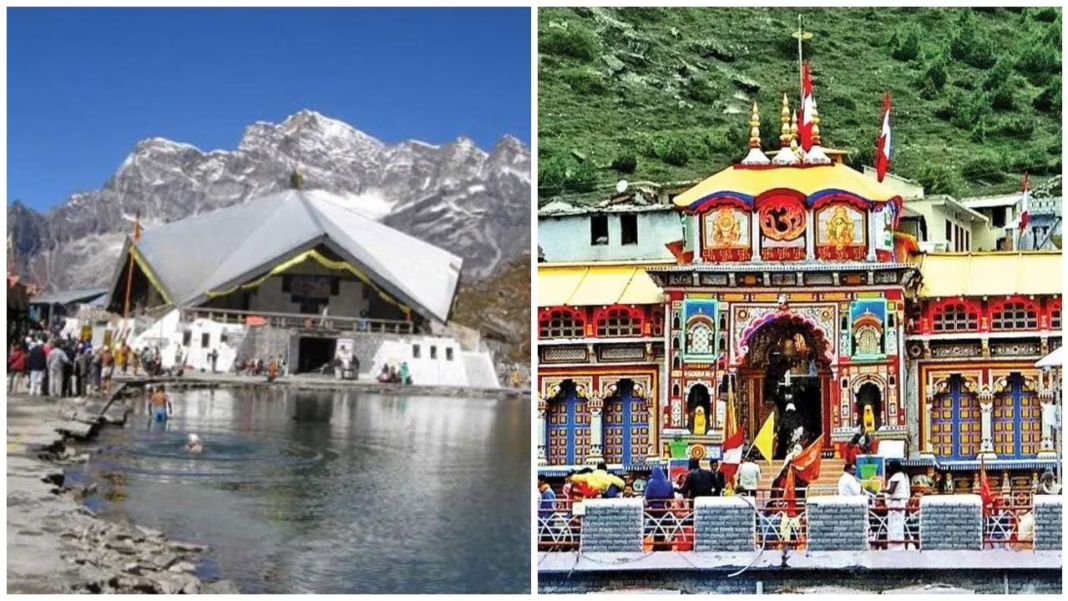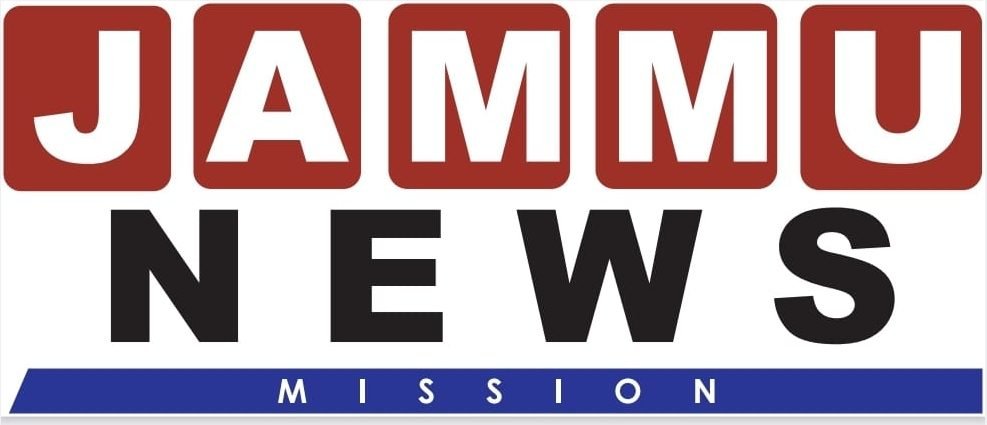Nuke India”, read the message. The disturbing inscription on the weapon of a mass shooter who unleashed his hatred on a Minneapolis Catholic school became international news last week. The chilling message describes Trump’s America. Long gone are the days of ‘Howdy Modi’. A wave of “India is the worst” is now swarming social and mainstream media.
If you peek beyond the curtain of rhetoric, a carefully crafted narrative is being spun to counter the rising power of the elephant. And the Bharat Sarkar’s job now is to navigate the shifting sands of the geopolitical landscape, led by Prime Minister Narendra Modi.
Florida Governor Ron DeSantis fuelled the flames by stating that the H-1B visa model is a ‘total scam’ benefiting mostly Indians who “make money” off the system. “Most of them are from one country…there’s a cottage industry about how all that people make money off this system,” he said.
DeSantis ignores the fact that these professionals bring value to the US through their expertise in research, development, education, and business.
Peter Navarro, trade advisor to US President Donald Trump, described the Russia-Ukraine war as “Modi’s war” and said “the road to peace runs, at least partly, right through New Delhi”.
The probable causes of this volte-face from howdy buddies must be analysed.
Trump’s Nobel aspirations
It is well-known that Trump is hankering for the Nobel Peace Prize.
“President Trump has now ended conflicts between Thailand and Cambodia, Israel and Iran, Rwanda and the Democratic Republic of the Congo, India and Pakistan, Serbia and Kosovo, and Egypt and Ethiopia… It’s well past time that President Trump was awarded the Nobel Peace Prize,” said White House Press Secretary Karoline Leavitt.
While India would be more than happy to support Trump’s bid for the Nobel Peace Prize, New Delhi has strongly refuted his appropriating credit for the ceasefire between India and Pakistan. We will be the first to support Trump’s quest for the Nobel Prize—provided our sovereignty and dignity is respected. India is busy feeding its people and managing their needs. Anyone who has an iota of understanding of Indian politics knows that there is no place for third-party intervention.
US and China
The United States and China have been economically codependent since the 1980s. Deng Xiaoping opened up the Chinese economy in the 1980s, and US companies found a new market for their goods as well as significantly lower labour costs. Today, the gargantuan dragon is unstoppable. The value of US-China trade is at about $700 billion. For over 45 years, the US has also shared technology with China.
Despite the clamour, the US is too deeply vested in China—the two countries are economically joined at the hip. American companies have too much at stake to risk waking the sleeping dragon by imposing unreasonable tariffs on goods made in China, many of which are manufactured by companies headquartered in America. Auto and electronic supply chains would come to a grinding halt.
India has been used to keep China on its toes and leverage a more equitable balance of trade. The imposition of industry–breaking tariffs on Indian goods is with a view to sending a strong message to China: “look what we can do if you don’t toe our line”.
It may be noted that certain industries like steel, copper, and pharmaceuticals are exempt from these additional tariffs—wherever the US benefits from the tariff imbalance, those goods have been exempted. On the other hand, labour-intensive industries like garments and jewellery are dealing with the challenge of a 50 per cent duty.
Russia-India alliance
Since the days of the Cold War, the US has never been able to openly engage in a show of military might against Russia. The recent summit in Alaska extended the red carpet to Putin; however, the gains from this meeting were limited. The meeting failed to broker peace or end the Russia–Ukraine conflict. The US is already rethinking its openness to Ukraine joining NATO.
In the face of sanctions from the Western world, Russia and India stood by each other to meet their respective goals, to circumvent the American pressure on the Russian oil and energy sectors. With India courageously standing its ground and not compromising on its old pre-Glasnost alliance with the Russian state, the Trump administration seeks to send a clear and unequivocal message to Putin. Don’t compete with us, we will break whoever you work with.
If the strong eastern powers of India, China, and Russia were to form an alliance, the US would not be able to circumvent the firewall and these ancient cultures would be able to show the New World the power of three. This geopolitical shift is what the world is watching closely.
Bangladeshisation of India
Is the US creating pressure on India through inflated tariffs with the goal to send India into the same downward spiral as Bangladesh? Evidence seems to indicate so. During a period when India is working hard to achieve its goals for ‘Viksit Bharat 2047’, the additional levies on labour-intensive industries such as textile, jewellery, and shrimp are intended to put pressure on India. The tariffs have been likened to an embargo and an earthquake.
The right questions are being asked by people in the US, where public opinion has been raised about tariffs. It’s the Americans who are forced to pay higher prices due to Trump tariffs.
Effect on the US
On a recent visit to the US, I observed that Indian goods now line the shelves of many American departmental stores. Trump believes that his tariffs will hurt India. Instead, in the long run, it is American import–dependent firms that will be affected. Companies such as Walmart, Target, HomeGoods, and wholesalers that rely on India’s supply chains for apparel, home goods, and jewellery will bear the brunt, as dearer procurement will push up prices.
The solar and clean energy sector has been developing in India as a possible alternative. Tariffs could slow down solar projects, undermining climate goals.
Engineering and pharmaceutical supply chains will be affected as India supplies speciality chemicals, APIs (pharmaceutical ingredients), and machinery parts. Tariffs risk shortages or higher input costs.
Way forward
Trump’s tariffs were meant to hit India hard, but the reality could actually be different. We are way past the point of watching who blinks first. Trump has underestimated the impact and resilience of India’s over 1.3 billion people. He has forgotten that India is where McDonald’s has over 500 outlets selling a strong vegetarian menu. Coca-Cola India generated Rs 4,713.38 crore in revenue and Rs 420.29 crore in profit in FY24.
From social media platforms to FMCGs, many American companies generate tremendous revenue in India. We all understand that trade, tariffs, and taxes are all interlinked. India works with MNCs and countries to create profit for all, aligned with the goal of becoming a developed nation by 2047. If India does well, the world does well—as was showcased during the Covid-19 pandemic.
India also needs to work strongly on developing self-sufficiency through forward and backward integration. We must focus on developing our own chips and technology. We must also develop our own AI models and reduce dependency on Google, Microsoft, and OpenAI. We are already working on our integrated missile systems, such as BrahMos. Make in India for the defence sector is the way forward.
Meenakashi Lekhi is a BJP leader, lawyer and social activist. Her X handle is @M_Lekhi. Views are personal.




